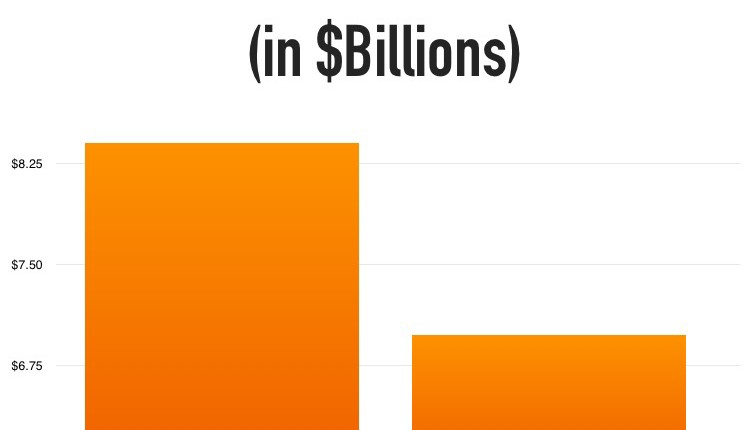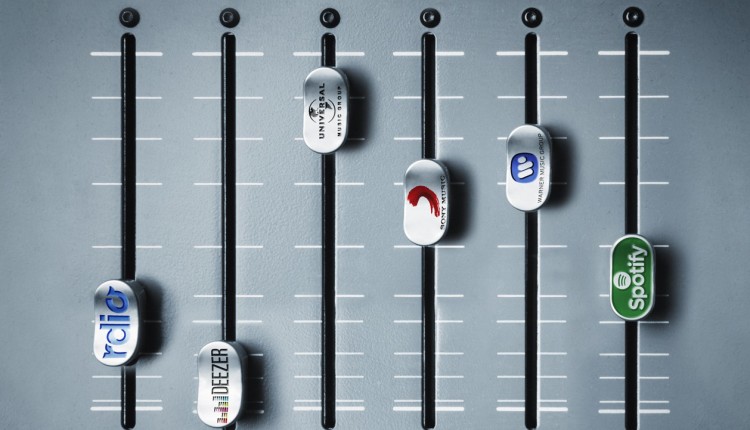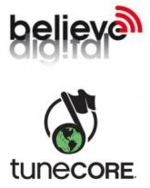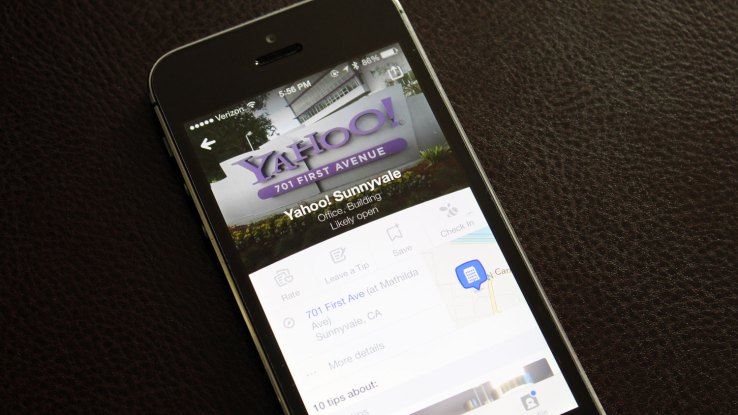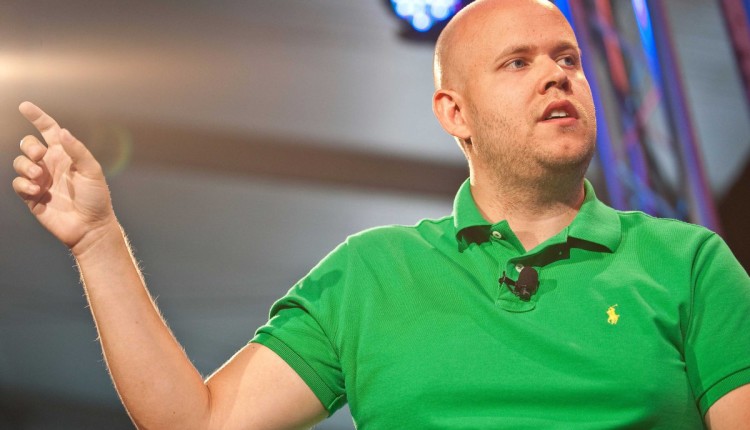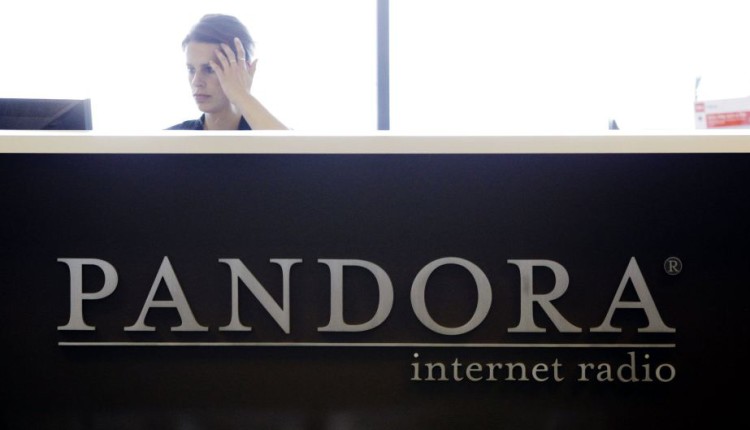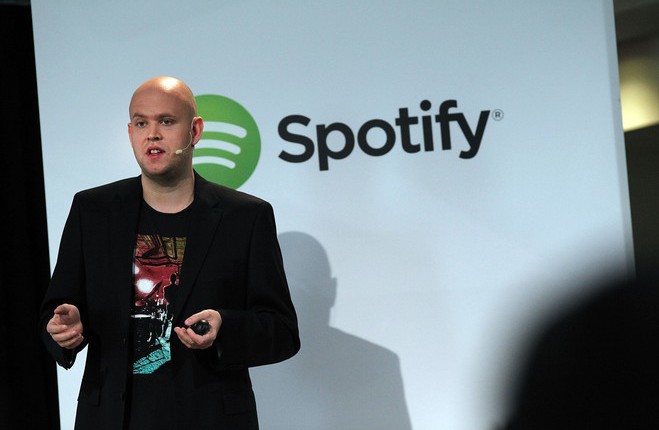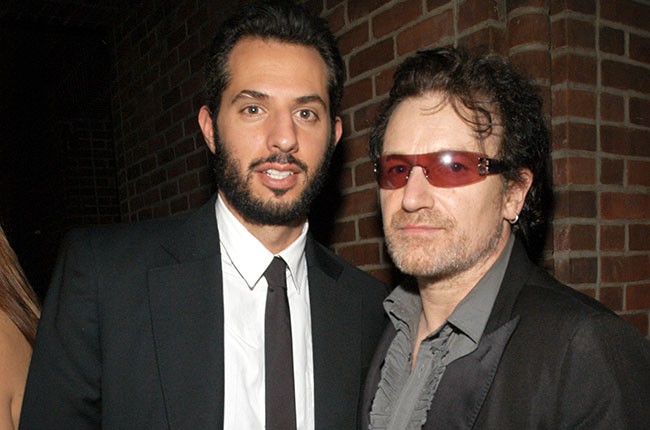techcrunch.com –
Yahoo has been busy rebuilding its business around mobile under CEO Marissa Mayer, and soon it could make one of its biggest bets yet on the platform. We have heard perennially that the company has been looking to buy Foursquare, the New York startup behind the eponymous local search app and location-based social “check-in” app Swarm. The latest rumor we are hearing is giving the deal a price tag of around $900 million.
One source says that the “deal is done” but details are still being ironed out. Others have also confirmed a Yahoo/Foursquare deal is in the frame.
Yet other sources at Yahoo tell us they have heard nothing — nada — about the deal. Either this is elaborate, bicoastal speculation, or it is happening with only a select circle privy to what is going on.
Contacted for a response, both a Yahoo spokesperson and Foursquare co-founder and CEO Dennis Crowley declined to comment on rumor or speculation.
You may have heard this song before. As we said, this is not the first time Foursquare’s name has been floated as a potential Yahoo acquisition. On the part of Mayer, too, it could be a long time coming. When Re/code predecessor AllThingsD broke the news of Yahoo buying Tumblr, it mentioned that Mayer “closely watched” progress at both New York startups when she was still at Google, before coming to Yahoo.
In that sense, it’s the rumor that refuses to die.
The chatter we are hearing could potentially mean that Foursquare is in play with other suitors, too, but since our sources pointed directly to Yahoo, here’s a rundown of how this could make sense:
Foursquare has to date raised just over $162 million in funding, with its last round, in February 2014 from Microsoft, valuing the company at over $600 million. That Microsoft deal also included a licensing agreement to power location context for Windows and mobile searches.
But Foursquare has also been at a crossroads. Since splitting its app into two last year, the Foursquare app has hovered in the top 25 of travel apps (by downloads) in the U.S. App Store according to App Annie. Swarm, meanwhile, has been on a gradual decline and is now around 146 in social networking. We at TechCrunch have had so many anonymous tips alleging possible sales of Foursquare to TechGiant.com that we have lost count. We are reporting this one in particular because a number of sources confirm what we’ve heard.
Yahoo, meanwhile, has been facing its own challenges. While it is flush with cash from its stake in China’s Alibaba, the company has been reorganizing its leadership, and has faced criticism for its product strategy being too focused on “incremental” iterations, despite the rush of acquisitions during Mayer’s tenure.
Search in focus
We also understand Yahoo has been trying to reinvent its search business with technology like deep linking on mobile, where mobile and web apps can essentially search and link to specific data in otherwise-siloed mobile apps.
Yahoo’s name has also been mentioned as a possible contender to take over Google’s position as the default search app for Apple’s Safari browser, following on from Yahoo nabbing the same deal with Mozilla for Firefox in the U.S.
Yahoo is also at a critical point in its search business in another regard: it has been in a 10-year search pact with Microsoft, where Microsoft controls the technology behind Yahoo search. That deal passed a five-year break point on February 23 of this year and the two, most recently, have extended negotiations by 60 days (i.e., the end of next week).
On top of this, last year Yahoo announced a deal with Yelp, one of Foursquare’s big competitors, to power listings reviews in its search results both on desktop and mobile.
Some speculated that this spelled the end of any possible data or other deals between Yahoo and Foursquare — although that may not be the case. It so happens that Yelp also powers local search reviews on Bing, owned by Foursquare licensee Microsoft.
So while there could be a scenario where all four companies — Microsoft, Yahoo, Yelp and Foursquare — actually worked together, if there is a break up, a Yahoo acquisition of Foursquare might be one way for Yahoo to bring a trove of local search and location data, and the technology to power them, in-house, along with a team to work on it. Or even with a new MSFT deal, having Foursquare could help differentiate Yahoo better from the other search engine.
In any case, an acquisition like Foursquare would be a bold move for a company that years ago developed a reputation for outsourcing as a core competency.
Foursquare could be a strong addition to Yahoo for other reasons, too.
In addition to bolstering Yahoo’s own efforts in rebuilding its search product, it would boost Yahoo’s overall mobile portfolio of apps and its own primary-source data in local listings.
Foursquare’s location database is also considered the cream of the crop. Other options like Facebook pale in comparison of accuracy and detail. Their location intelligence systems are also very advanced, and something that Crowley considers one of Foursquare’s quiet strengths. Foursquare is, in essence, a context company — not just a location company.
That extends also to the data Foursquare has already amassed over the last six years. The company says that to date there have been 7 billion check-ins, 70 million tips, 55 million people, 65 million places and 90 million “tastes” logged through its apps.
Together, that data and technology have helped the company build up its own commercial prospects. Just this week the company launched its newest solution, Pinpoint, a location-based advertising network that can target users by device, location and other parameters. Foursquare says Pinpoint is already being used by AT&T;, Samsung, FedEx, Land Rover and others.
It’s also snagged other interesting strategic relationships, such as its partnership to power location tagging for Tweets on Twitter, and that Microsoft licensing deal.
The fact that Foursquare’s location API is also in use by 85,000 developers of other apps would give Yahoo a major touchpoint with developers and publishers. That could complement its Flurry app analytics business and serve as a route to selling other products as well as integrating their other services.
And both Foursquare and Swarm, which are platforms for users to give feedback and interact with each other, would provide Yahoo one more boost in social alongside its Tumblr acquisition. In other words, it would have more critical mass in an area that has become fertile ground for brands looking for ways of connecting with users beyond static banners and more legacy media.
Originally published at techcrunch.com –

